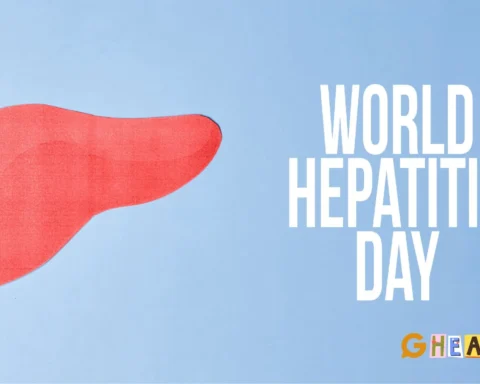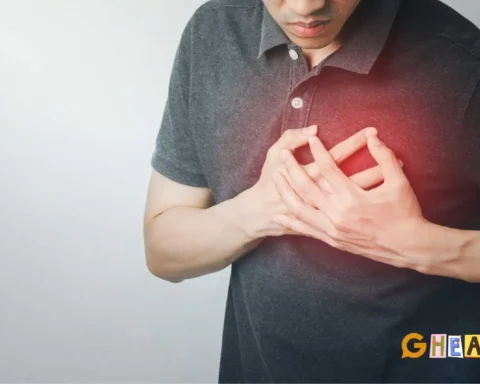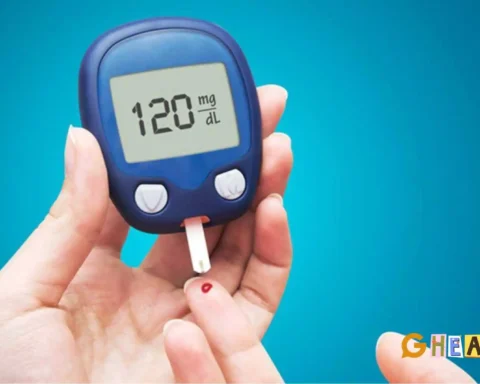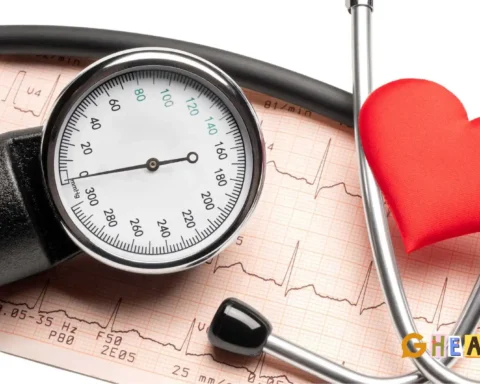In the tumultuous journey of everyday living, we often experience profound emotional scars that leave lasting impacts. It becomes a struggle for survival as we battle the conflicting emotions within. In this arduous process, we must realise the importance of a holistic healing process that rids us of negative emotions.
This emotional healing journey can often be long and tiresome, marked by setbacks and other complex emotional responses. This blog serves as a guide through your emotional healing process, ensuring personal growth as you progress through your various emotional healing journey stages.
Table of Contents
What is Emotional Healing?
All of us have experienced emotional pain at some point in our lives, be it the loss of a loved one, the end of a close friendship or relationship, trauma, chronic illness or abuse. It is during these moments that we experience a wide range of negative emotions, ranging from fear to anxiety to feelings of hopelessness. These painful experiences can cause emotional trauma and mental health disorders in individuals, which can have lasting impacts on a person's mental health. These negative emotions can also manifest themselves as physical pain in an individual, making it even more critical to address these difficult emotions.
While emotional reactions differ from person to person, it is important to address these pent-up emotions. This is where emotional healing comes in. It is the complex procedure through which individuals learn to accept their trauma and challenging experiences and learn to cope with them so that they do not bother them anymore. It is a long process through which people move from being emotionally unstable or distressed to being emotionally well-adjusted.
The healing journey is a process that allows individuals to purge themselves of the negative emotions that were caused by their past experiences. It is an active procedure of accepting, processing, and growing past the pain caused by trauma and truly emerging as better individuals. While some people can move through their emotional healing journey stages themselves, it is recommended to seek out professional care from mental health professionals. Various therapeutic interventions, such as cognitive-behavioral therapy, exposure therapy, art therapy, and somatic therapy, are helpful in the healing journey stages.
As you move through your healing journey, it is also important to remember that emotional healing takes time. The time taken by each individual to move past their traumatic experiences varies, and each individual goes through the various healing journey stages at their own pace. It would be best if you took your time as you move through the different stages of healing to emerge as a better individual with a stronger sense of internal strength and emotional growth.
YOU MIGHT BE INTERESTED IN: The Power of Healing: Embracing a Proactive Approach to Battling Cancer with David Peters
The Various Healing Journey Stages
Acknowledgement and Awareness: The first stage of any healing journey begins with acknowledgement and awareness. It involves recognising that there are wounds or unresolved emotions that require attention. Acknowledgement sets the foundation for the journey ahead and fosters a willingness to confront and address the emotional conflict within.
Acceptance and Ownership: The next stage is acceptance and ownership. This involves embracing the reality of your emotions and experiences without judgment or resistance. Acceptance allows you to take ownership of your healing process, acknowledging that while you may not control what has happened in the past, you have the power to shape your response as you move through the healing journey stages.
Self-Exploration, Understanding and Processing: This stage involves diving deeper into self-exploration and understanding the turmoil to process your emotions better. You gain a deeper understanding of yourself by engaging in practices such as journaling, self-reflection, effective therapy or other creative pursuits. This exploration promotes clarity and insight, which helps identify patterns, triggers, and underlying beliefs contributing to an individual's emotional state. This phase of healing aims to understand the root causes of difficult emotions.
Release and Forgiveness: This step of the healing journey stages involves letting go of resentment, anger, or bitterness towards yourself or others. It is imperative to let go of pent-up feelings healthily and constructively. Furthermore, the act of forgiveness is a powerful act of self-liberation and can help free you from the emotional burden of past grievances, allowing space for healing to unfold better.
Fostering Healing Practices and Self-Care: This stage of healing includes adopting healthy coping mechanisms, nurturing positive habits, and incorporating activities that promote emotional well-being, such as mindfulness, meditation, exercise, and creative expression. Further, it becomes important to take care of your physical body so that you can experience the fullness of the human experience profoundly.
Integration and Transformation: Integration is pivotal in the healing journey stages. This is where healing becomes integrated into your daily life, and all past experiences are incorporated into any new happenings in your life. This stage is characterised by positive shifts in mindset, behaviour, relationships, and a renewed sense of purpose and resilience.
Continued Growth and Maintenance: Healing is an ongoing process that requires continuous nurturing and maintenance. The final healing journey stage highlights the importance of sustained growth and self-care practices. You may revisit earlier stages periodically, deepen your self-awareness, and seek ongoing support from therapists, mentors, or support networks.
How to Begin Your Healing Journey?
Beginning your healing journey can be a challenging process, marked by hesitations and other negative emotions such as shame and guilt. However, it is critical to remember that everyone deserves to be emotionally content and supported. The first step to begin your path down the difficult passage of the various healing journey stages is to reach out and seek support. This can be through supportive friends, family members, or mental health professionals. Building a safe space for yourself that allows you to foster a positive mindset towards your emotional journey is essential.
If you or anyone you know is experiencing a mental health crisis, it is important to seek immediate professional help. Please get in touch with a mental health professional such as a psychiatrist or a clinical psychologist. Additionally, you can also contact a mental health crisis hotline such as the National Suicide Prevention Lifeline.
Conclusion
In conclusion, undergoing an emotional healing journey is a deeply profound experience that allows an individual to purge themselves of negativity from any past trauma. As one moves through their healing journey stages, it is crucial to remember that healing is not a linear or objective process but should be done holistically and subjectively to facilitate emotional growth better.
The different healing journey stages begin with acknowledging and being aware of the underlying problem and then taking subsequent positive actions, ending with continued growth and maintenance of the healing process. While starting your healing journey can be challenging, everyone deserves to feel emotionally content and supported. It is crucial to seek out the help that you need.
FAQs
How to Start a Journey of Healing?
To start your emotional healing journey, you must acknowledge your feelings without judgment. Further, one must reflect on the triggers and patterns of your emotions to understand them better. Additionally, seeking support from trusted friends, family, or a therapist is essential.
How to Heal Faster?
While an emotional healing journey can be difficult, one must remember that it is important not to rush the process. It is imperative to take your time while on the path through the healing journey stages.
What are the 7 Stages of Healing?
The 7 healing journey stages are Acknowledgement and Awareness; Acceptance and Ownership; Self--Exploration, Understanding and Processing; Release and Forgiveness; Fostering Healing Practices and Self-Care; Integration and Transformation; and Continued Growth and Maintenance.










